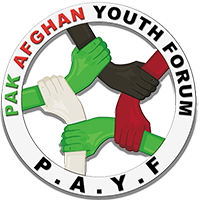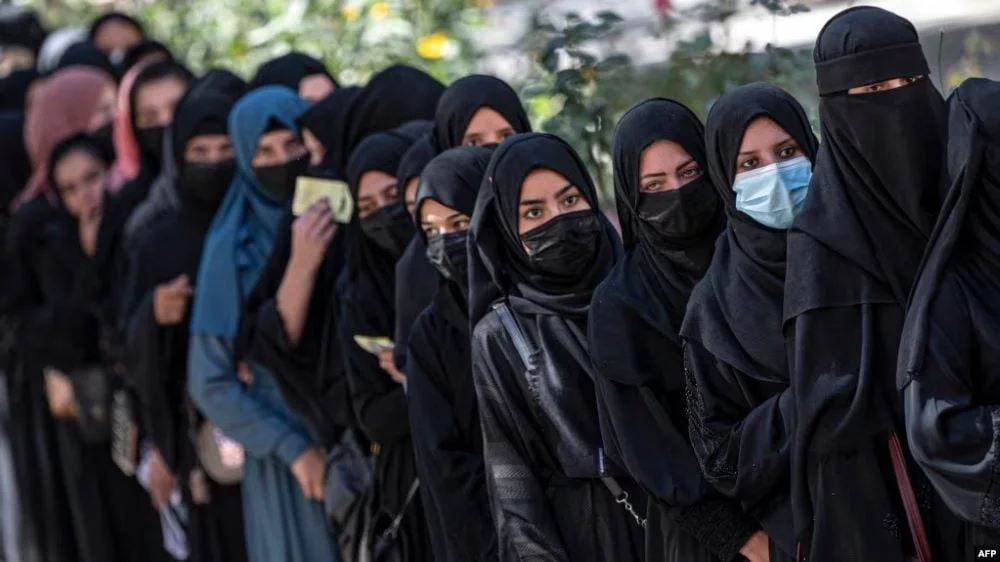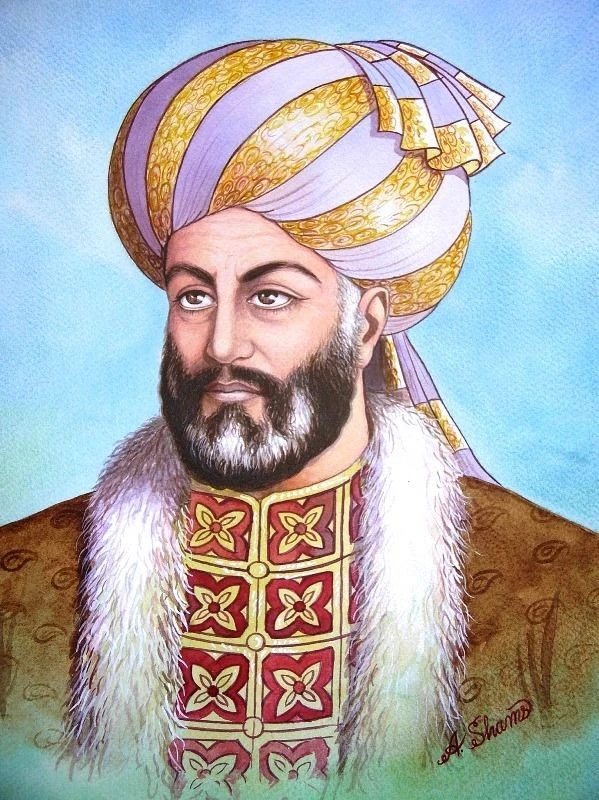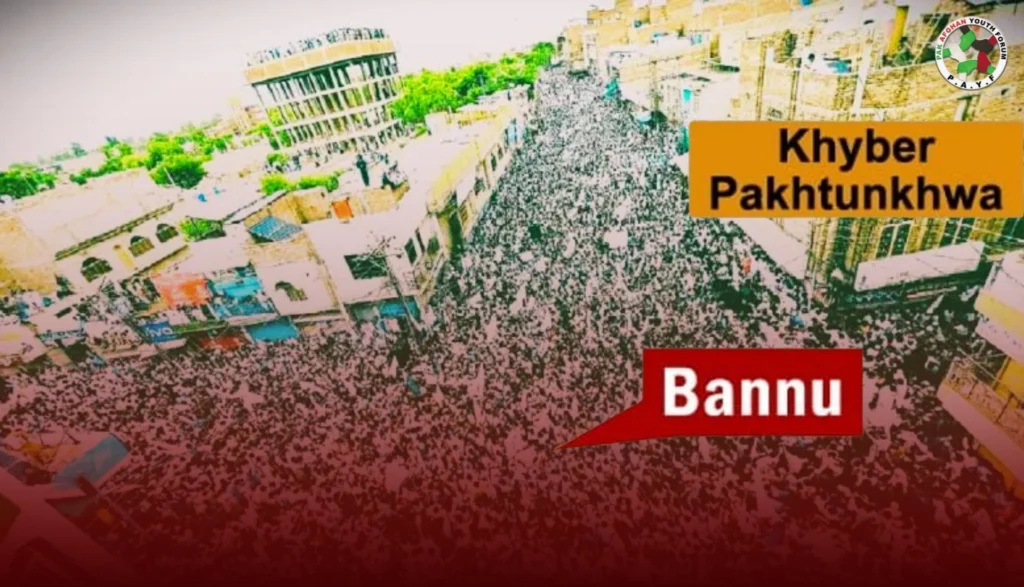In a significant development, as of January 27, 2025, Pakistan’s special envoy for Afghanistan, Mohammad Sadiq, revealed that approximately, the Afghan Interim Government (AIG) has conditionally agreed to allow Afghan women to pursue higher education in Pakistan. This decision marks a notable shift in policy and represents a glimmer of hope for Afghan women who have long been deprived of educational opportunities. However, the agreement comes with certain stipulations-namely, that Afghan women must be accompanied by their male guardians, or mahrams, who will be granted visas to travel with them.
The timing of this announcement aligns with the entrance exams held on January 25-26, 2025, where hundreds of Afghan students competed for spots in graduate, postgraduate, and doctoral programs at Pakistani universities. Afghan refugees residing in Pakistan participated in these exams in Peshawar and Quetta, while students within Afghanistan are scheduled to take the exams online in the coming days.
This development signals a potential shift in the landscape of education for Afghan women and highlights a growing collaboration between Afghanistan and Pakistan in the field of education. As both nations navigate the complexities of their geopolitical relationship, this agreement could serve as a bridge for greater cooperation and a beacon of hope for those striving for a better future.
Also See: What is the Current State of Education in Afghanistan Under IEA Rule?
A New Opportunity for Afghan Women
It was confirmed that approximately 21,000 Afghan students, including over 5,000 women, have applied for the upcoming academic sessions under Pakistan’s fully funded Allama Iqbal Scholarship program. This scholarship initiative, which aims to strengthen ties between the two nations, will provide opportunities in key fields such as medicine, engineering, agriculture, and computer science.
The Higher Education Commission (HEC) of Pakistan will select up to 2,000 students, with one-third of the spots reserved specifically for female candidates. The initiative is a welcome opportunity for Afghan women who have faced significant barriers to education under the Afghan Interim Government’s regime, especially since the Afghan Interim Government banned girls’ education beyond the sixth grade in 2021.
Afghanistan’s Conditional Agreement: A Shift Amid Criticism
As the Afghan Interim Government has agreed to a conditional arrangement allowing Afghan women to pursue higher education in Pakistan. As part of this agreement, Pakistan will facilitate the issuance of visas for male guardians accompanying Afghan female students to ensure compliance with Afghan laws. However, the Afghan Interim Government has not yet issued an official statement on this development.
This decision is being viewed by some as a potential step forward in addressing the restrictive policies that have been imposed on Afghan women’s rights, particularly in relation to education. The United Nations and various international organizations have expressed concerns, referring to these policies as “gender apartheid,” and have called for a review of the restrictions placed on women’s education and freedom of movement. While the Afghan Interim Government maintains that its policies are in line with Islamic law and Afghan cultural values, this recent shift could signal a willingness to engage with international perspectives and adapt its approach in response to external calls for reform.
Education as a Bridge for Bilateral Cooperation
The entrance exams for the Allama Iqbal Scholarship program represent more than just an academic opportunity-they are a symbol of the growing cooperation between Pakistan and Afghanistan, particularly in the fields of education. Despite ongoing tensions between the two countries, including accusations that the Afghan Interim Government harbor anti-Pakistan militants, both nations are working to foster stronger ties in education, trade, and other sectors.

Pakistan’s long-standing support for Afghan refugees and its investment in Afghan education and healthcare have played a crucial role in maintaining this relationship. As Pakistan continues to provide educational opportunities for Afghan students, it is also helping to shape a brighter future for Afghanistan’s next generation. This scholarship program serves as a continuation of Pakistan’s commitment to supporting Afghanistan’s development, particularly in the wake of the challenges brought about by the Afghan Interim Government’s return to power.
Pakistan’s Role in Religious Education: Madaris Contributions

Beyond formal education, Pakistan has provided Afghan students with access to madaris, especially those from rural or conflict-affected regions. These madaris offer a safe and supportive environment where Afghan students can study traditional subjects, including dars e nizami and Quran memorization, offering much-needed stability amid Afghanistan’s turmoil.
Many Afghan graduates from Pakistan’s madaris have gone on to become influential religious leaders, scholars, and professionals, significantly contributing to Afghanistan’s growth. These institutions not only offer religious education but also foster a sense of community, supporting Afghan students’ personal and academic development.
Pakistan’s Continued Support for Afghan Education
Pakistan has long been a major supporter of Afghan refugees and the Afghan people, offering not just refuge but also substantial support in education and healthcare. Pakistan’s commitment to Afghan education is reflected in numerous initiatives, such as the construction of the Allama Iqbal Faculty of Arts at Kabul University, funded by Pakistan with an investment of $10 million.


In addition, Pakistan has helped establish Khyber Medical University’s campus in Kabul, contributed Rs. 1.046 billion for the Liaquat Ali Khan Engineering Faculty Block at Balkh University, and Rs. 389.65 million for the Sir Syed Post Graduate Faculty Block at Nangarhar University.
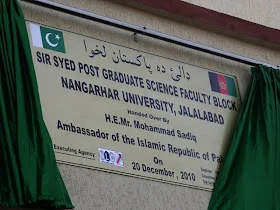
Furthermore, Pakistan has built Rehman Baba School and various other schools and vocational training institutes in Afghanistan, providing Afghan students with access to quality education. Pakistan’s M. Ali Jinnah Hospital in Kabul and its medical assistance worth Rs. 200 million have also been instrumental in providing vital healthcare to the Afghan population.
A Path Toward Cooperation and Progress: Pakistan’s Enduring Support for Afghan Education
The Afghan Interim Government’s conditional agreement to allow Afghan girls to pursue higher education in Pakistan is a significant development that could pave the way for greater cooperation between the two nations. As both Pakistan and Afghanistan work to foster stronger ties, education remains a key area of focus. With the continued support of Pakistan for Afghan students and the Allama Iqbal Scholarship program, Afghan women and men alike now have the opportunity to access world-class education that can help shape the future of their country.
While challenges remain, including the broader geopolitical issues between the two nations, this new agreement is a sign that both countries recognize the importance of collaboration in education as a means of advancing mutual understanding and prosperity. It is a crucial step toward improving bilateral relations and offering hope to the Afghan people, particularly its women, who have long been deprived of basic rights and opportunities.
As Pakistan continues its efforts to support Afghan refugees, provide scholarships, and build educational infrastructure, it is clear that the bond between the two nations remains strong, even amid challenges. The future of Afghanistan’s next generation is brighter with the continued collaboration between Pakistan and Afghanistan, and the opening of educational opportunities for Afghan girls marks a new chapter in this ongoing partnership.
Pakistan’s enduring support for Afghan education is a testament to the lasting ties between the two nations. Through initiatives like the Allama Iqbal Scholarship Program, the integration of Afghan refugee children into Pakistan’s education system, and the development of digital learning platforms, Pakistan has become a critical partner in Afghan students’ academic journeys. As Afghanistan continues to face immense barriers to education, especially for girls, Pakistan’s unwavering support offers a path forward, helping Afghan students realize their potential.
These initiatives go beyond simply providing scholarships or educational programs-they empower Afghan youth, fostering a new generation of scholars, leaders, and professionals who will drive Afghanistan’s growth. By continuing to support Afghan education, Pakistan is not only helping to rebuild Afghanistan’s educational infrastructure but also promoting peace, prosperity, and regional development.
While Afghanistan still faces significant challenges, education for girls has resumed, signaling a potential shift towards greater women’s empowerment. With ongoing efforts from Pakistan and the international community, the potential for Afghan youth, especially girls, to shape a brighter future remains strong. As the road ahead may be challenging, Pakistan’s enduring support for Afghan education continues to be a crucial element in empowering the next generation of leaders who will foster Afghanistan’s future.
Pakistan’s support for Afghan education has endured through decades of political instability and conflict. From providing education to refugee children in the 1980s to offering scholarships to Afghan girls today, Pakistan has remained a key ally in Afghanistan’s educational journey. This long-standing commitment reflects not only the importance of education in advancing peace and prosperity but also the deep bond between the two nations.
As Pakistan continues to offer Afghan students opportunities to pursue higher education and develop their potential, it remains a beacon of hope for those who seek a brighter future. By prioritizing education, Pakistan is helping to build a more stable and prosperous Afghanistan-one that is rooted in the transformative power of knowledge and opportunity.
